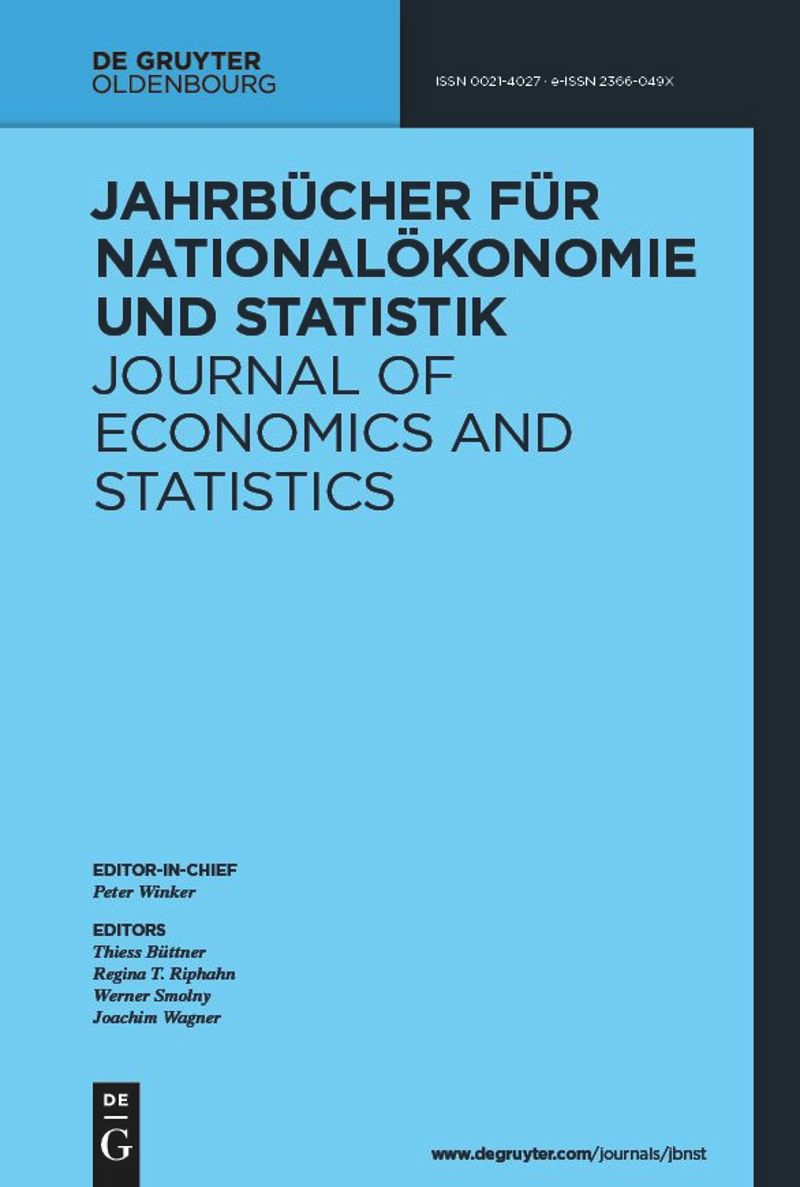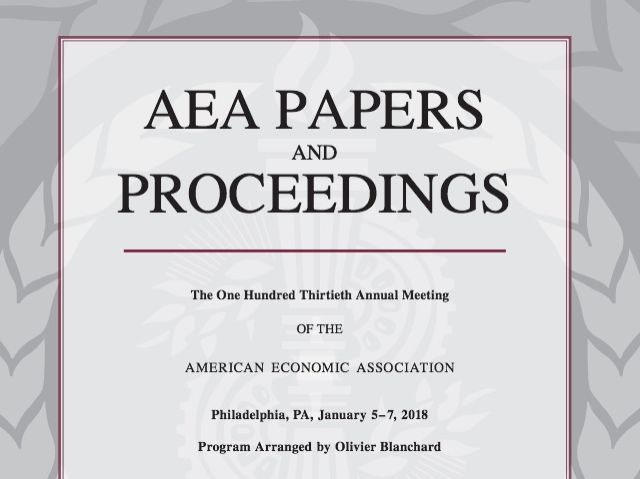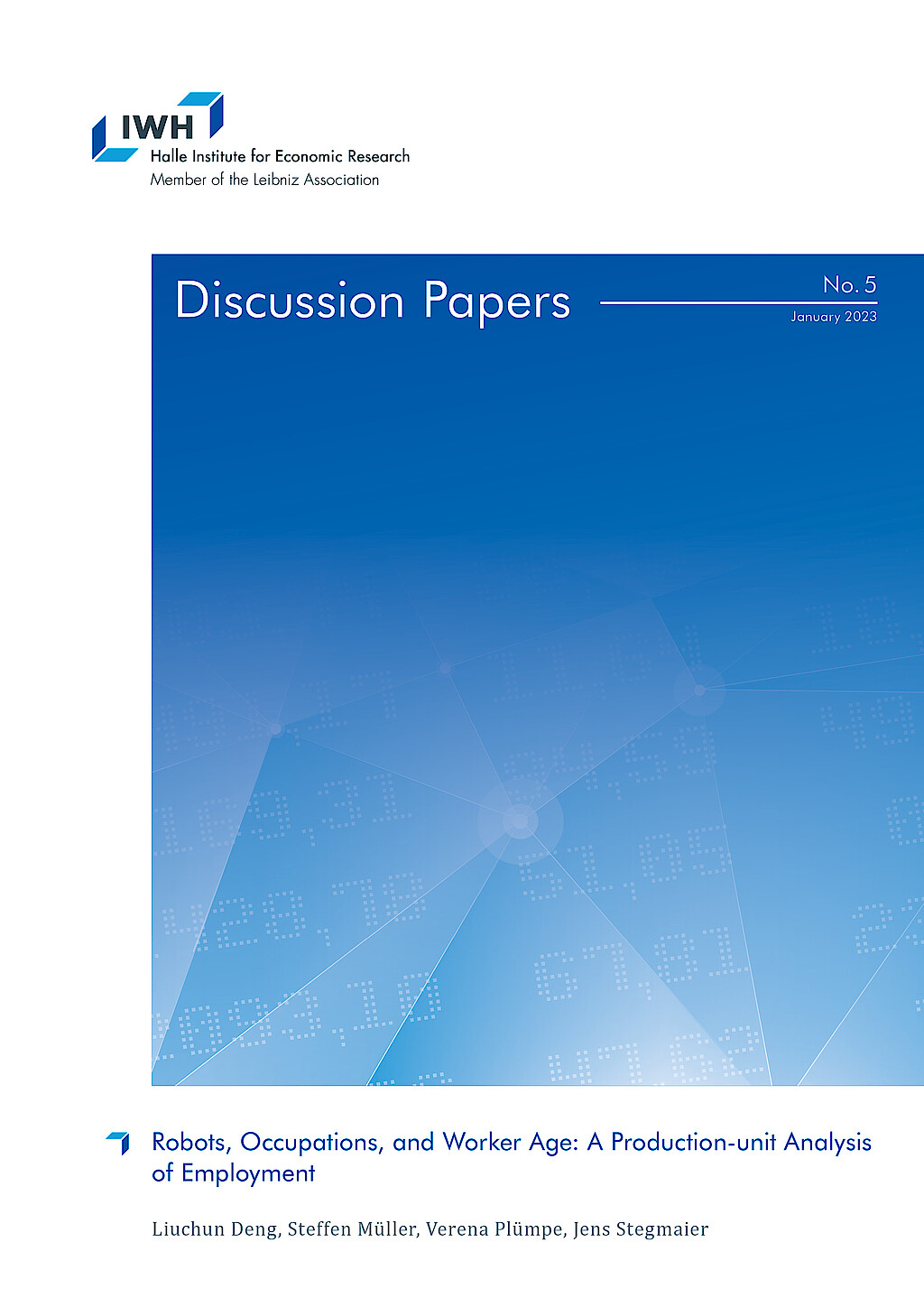Professor Liuchun Deng, PhD

Current Position
since 12/19
Research Affiliate
Halle Institute for Economic Research (IWH) – Member of the Leibniz Association
since 8/19
Assistant Professor
Yale-NUS College
Research Interests
- structural change and international trade
- economic dynamics
Liuchun Deng joined the institute as a Research Affiliate in December 2019. His research interests include international trade, economics of networks, and economic development.
Liuchun Deng holds the position of Assistant Professor at Yale-NUS College in Singapore. Prior to that, he was working at IWH.








